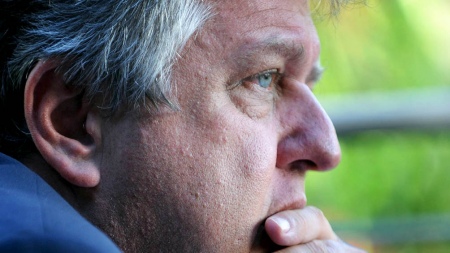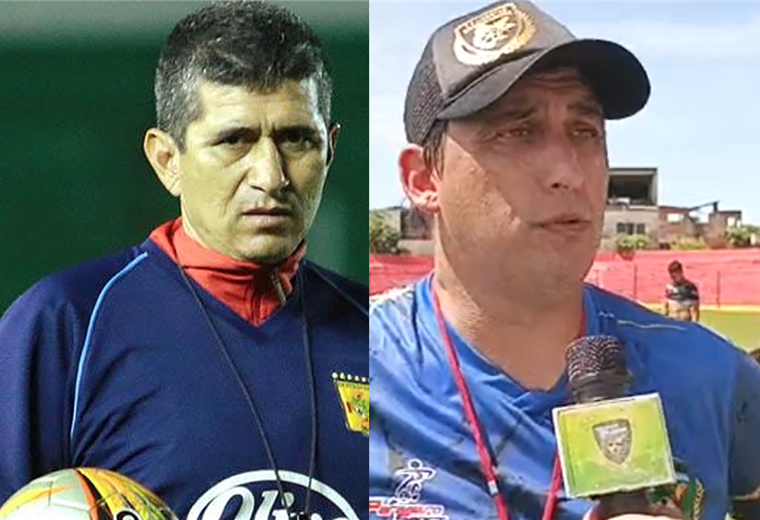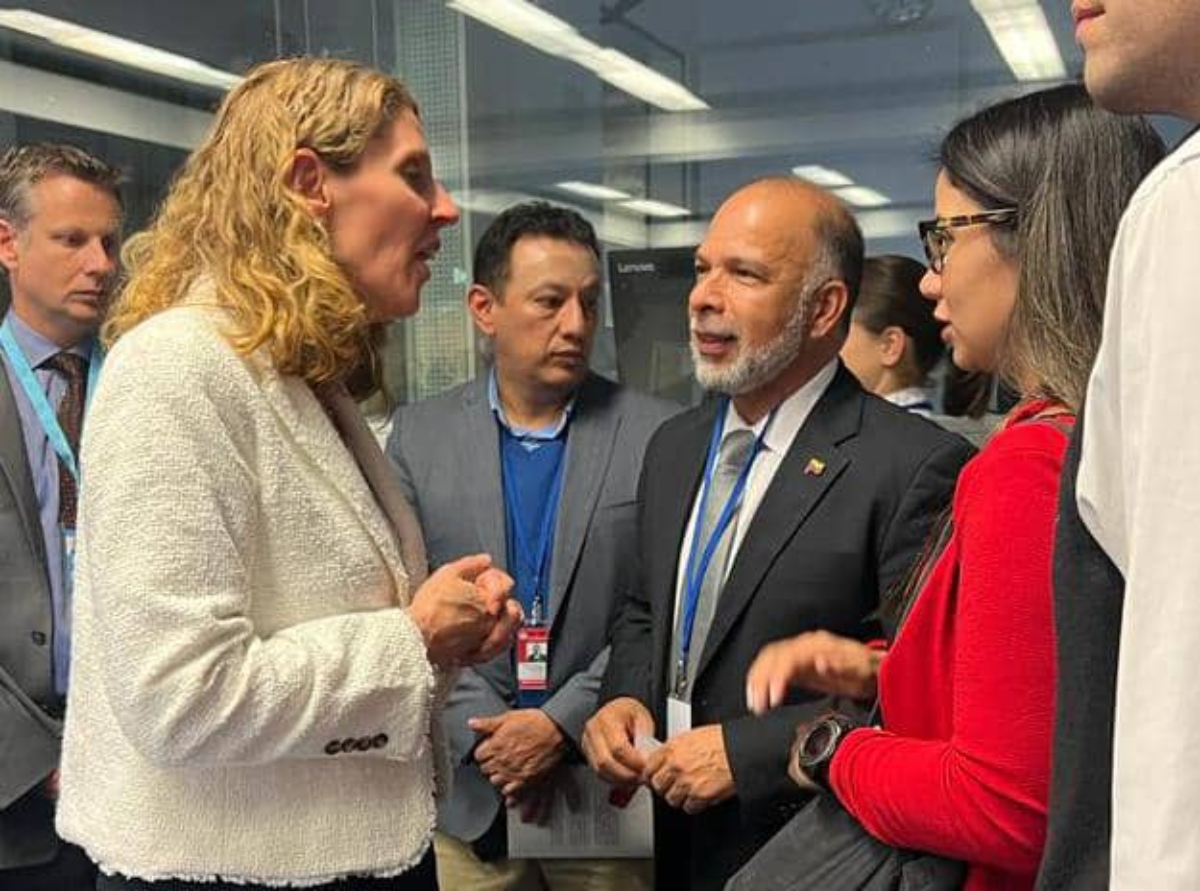Prosecutor Carlos Stornelli ratified this Monday that he will not appear this Tuesday before the Impeachment Committee of the Chamber of Deputieswho summoned him again after he did not attend last Tuesday to expose in the file on the request for prosecution of the members of the Supreme Court promoted by the Executive Power and a dozen governors.
Stornelli, called as a witness, sent a letter to the Attorney General of the Nation -temporarily in charge of Eduardo Casal- in which he affirmed that he is waiting for the list of questions that the parliamentary commission wishes to ask him to be sent to him and affirmed that if he had received them he would have answered them the same day, according to what Télam was able to reconstruct.
To hold the new lack, Stornelli relied on the Criminal Procedure Code and the Public Prosecutor’s Office Lawwhich exempt prosecutors from the obligation to appear when they are called as witnesses by a court.
Meanwhile, from the Congress they emphasize that this exemption – which does apply to presidents, governors and vice presidents – is not contemplated for cases like theirs.
Stornelli’s decision will open a new controversy between the Frente de Todos and Juntos por el Cambio -which supports the prosecutor’s position-, since the ruling party warned last week that if he does not show up, it will promote a request for impeachment before the Attorney General of the Nation to force him to attend to present himself before the commission.
“If he does not appear, we will have to initiate an impeachment procedure to be able to bring him by public force,” said the president of the Impeachment Committee, Carolina Gaillard (FdT), at the last meeting of the body, referring to the situation of the prosecutor, to who rejected the proposal to testify in writing.
Without the presence of the prosecutor, the commission will continue with the testimonies of new guests invited to present before that parliamentary working groupwhich opened an investigation at the end of January into the actions of Court magistrates Horacio Rosatti (president), Carlos Rosenkrantz, Juan Carlos Maqueda and Ricardo Lorenzetti.
In addition to Stornelli The lawyers Juan Manuel Olima Espel (Institutional Secretary of the Attorney General of the Nation), Marcelo Mazzeo (lawyer), Sebastián Garay (Secretary of Original Trials of the Court) and Natalia Hilda Monayer (Member of the President of the Court) were summoned.
Until this afternoon Olima Espel, Garay and Monayer had confirmed their presence, while a definition of Mazzeo was awaited, parliamentary sources reported.
Stornelli was the one who, at the last judicial fair, proposed the filing of two almost identical complaints to investigate whether there were crimes in the conversations attributed to Silvio Robles, collaborator of the president of the Court, and Marcelo D’Alessandro, Minister of Security and Justice (in use of license) of the City of Buenos Aires.
The argument used by Stornelli to request the file of the complaints (one of them presented by the lawyer Gastón Marano, who had advised Juntos por el Cambio in the bicameral Intelligence Commission) was that the elements cited by the judicial presentations could have been obtained illegally.
Judge Sebastián Ramos has already passed through the commission, who filed the complaint after Stornelli’s request. While the magistrate was testifying, his conversations with D’Alessandro were revealed through a new leak.
The notification for Stornelli to appear in Congress reached him on Wednesday, March 1, and there he was quoted the passage of the regulations of the Impeachment Committee in which it is clarified that his attendance “is not optional.”
Based on this regulation, the Public Ministry official cannot take advantage of the exception provided for by the Criminal Procedure Code for magistrates, who are authorized to declare in writing or from their workplaces.
“The magistrates and officials indicated in article 250 of the Criminal Procedure Code, with the exception of the president and vice president of the Nation and the governors and deputy governors of the provinces, will also be obliged to appear before the Commission (for Impeachment) to testify,” supports the regulation that was cited to formulate this call.
The proposition of the ruling party to summon Stornelli again was put to a vote in the commission and approved by 16 votes against 14 of Together for Change (JxC).
A possible new absence of the prosecutor before the commission would repeat a practice to which he already resorted when he did not appear at the summons of the then federal judge of Dolores Alejo Ramos Padilla to investigate him in the framework of the so-called “D’Alessio case”.
In that case – in which the false lawyer Marcelo D’Alessio was being investigated for extortion and illegal espionage – the prosecutor was summoned by a judge and not by Congress, and the summons was as a defendant and not as a witness.
After six calls, Stornelli appeared before Ramos Padilla, who would finally prosecute him for alleged illicit association based on his ties to D’Alessio.
In accordance with the agreed schedule, the commission will conclude tomorrow with the exposition of officials of the secretariats of the Court, after which it will diagram the testimonies, dividing them according to the main files that are analyzed.
These files are the cause of the “2×1” for repressors of the last dictatorship, the repeal of the law of the Council of the Magistracy and the reinstatement of the previous one repealed in 2006, and the case for the co-participation of the city of Buenos Aires, according to he remembered.









